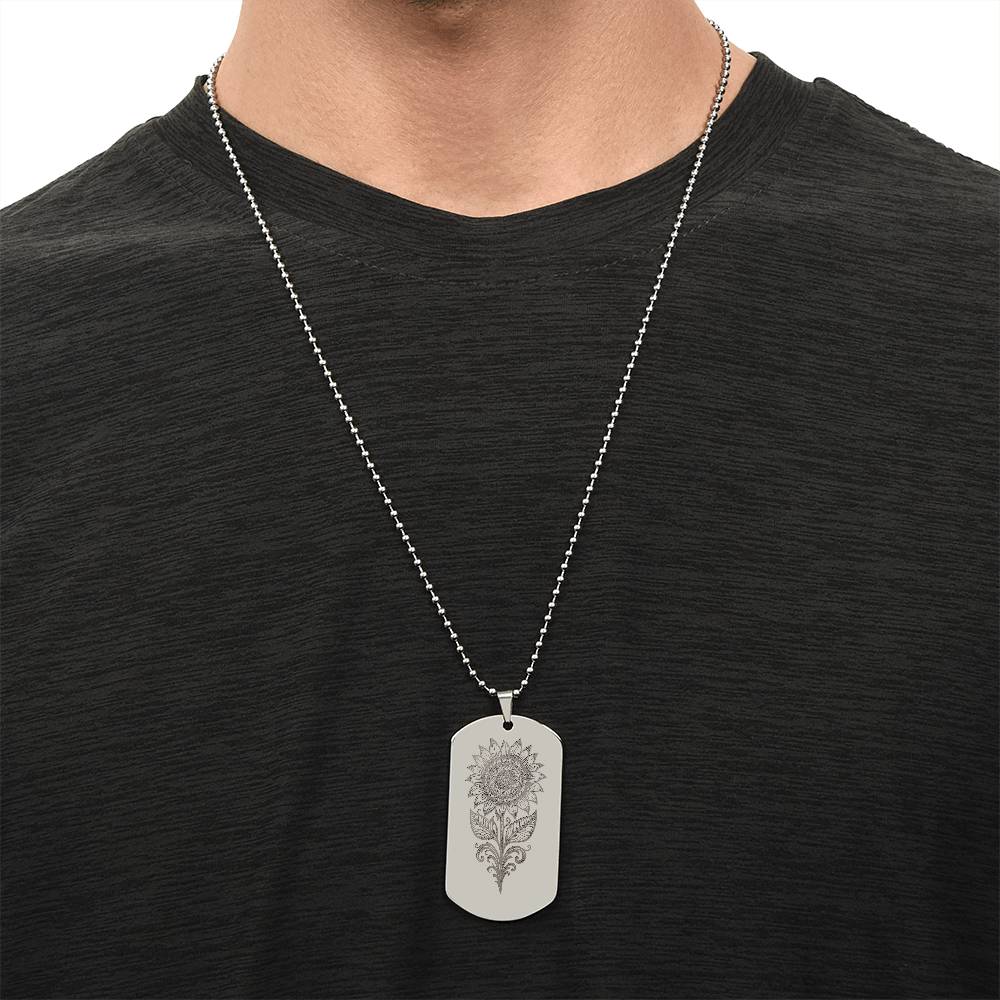Guardianship and Legal Decision-Making for Autism

Written by HeyASD.com Team
On This Page
Frequently asked questions
What is autism guardianship, and how can it help support my loved one?
How do I know if legal guardianship is the right choice for someone with autism?
What are some important autism legal rights I should be aware of when considering guardianship?
How can I find trustworthy legal support for autism-related decisions?
Are there sensory-friendly products, like calming blankets or sensory tools, that can help during legal or medical appointments?
What steps can I take to ensure disability decision-making respects the preferences of the person with autism?
How can I create a sensory-friendly living environment that supports independence and comfort?
What resources are available to help families understand autism guardianship and legal options?
Can Autism-themed decor or sensory-friendly clothing, like soft t-shirts, support emotional well-being during stressful times?

About the HeyASD.com Team
Autistic‑owned • Values‑led • Sensory‑friendly design
We are autistic creators, writers, and advocates dedicated to producing resources that are practical, sensory-aware, and grounded in lived experience. Our mission is to make information and products that support the autistic community accessible to everyone, without jargon or condescension. Learn more about our team.
This article is written from lived autistic experience and an evidence-aware perspective. It is for general informational purposes only and should not be taken as medical, legal or therapeutic advice.
Always consult a qualified clinician or occupational therapist for individual needs and circumstances.

About Our ASD Blog
HeyASD is more than a store, it’s a calm, supportive space for autistic adults and the people who care about them. Explore identity-affirming stories, sensory regulation tools, and uplifting resources from our community.
Thank you for reading. We hope these resources bring comfort and clarity.









































